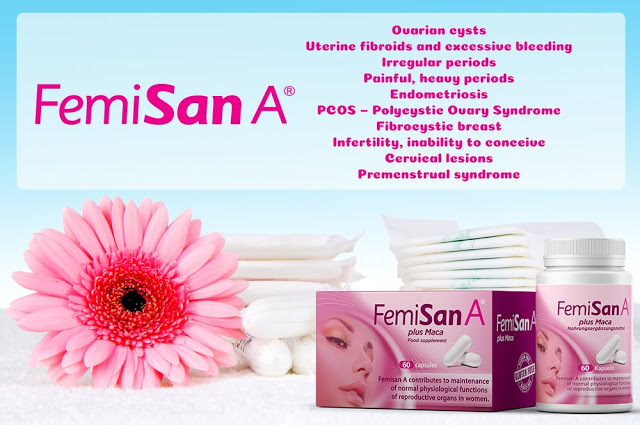Every woman has an idea what represents ‘normal’ menstrual bleeding. Science says that the average amount of blood lost during a period is 35ml, and that anything above 80ml is abnormal, as it could lead to anemia, as well as hint at certain disorders. Young girls usually experience heavier bleeding due to the fact that they may not be ovulating on a regular basis. The uterus lining – endometrium is controlled by estrogen and progesterone. It is normally shed during a period, however a hormonal imbalance could cause it to build up. Thus, once the period comes, it is heavier. Heavy periods should subside by the age of 20.

Women with constant heavier bleeding in their twenties and thirties should consult a doctor, especially if the periods are prolonged, if they are feeling tired, lightheaded, breathless and unable to sleep well. The doctor will probably do a blood test to check the iron levels, since prolonged bleeding often causes anemia. The cause of heavy periods should also be ascertained.
As women approach menopause, the estrogen levels might vary and cause a heavier flow. The problem is often aggravated in overweight women, as the abdominal fat produces prehormone androstenedione that converts to estrogen. Hormonal changes could also cause fibroids and polyps which are the cause of heavy bleeding in approximately 40% of women.
If your period becomes heavier all of a sudden, it can be quite frightening. Still, you should not panic, but observe it: the best way to do so is to keep a journal. Write down when the symptoms started and ended, how heavy and painful it was, if you observed excessive clotting, and any other perceived abnormalities. If heavy bleeding persists during the next period as well, then you should consult your doctor. One of the signs that your period is not normal is that it incapacitates you: you miss school or work, you can’t do sports or other usual activities. If you feel so embarrassed by the quantity of blood loss that you’d rather stay at home than engage in social activities, you definitely need professional help.

So, what are the most usual causes of heavy bleeding?
- If you have recently changed your birth control method, especially with an intra-uterine device, you may observe heavier flow. Furthermore, if you go off the Pill, you’ll have to adapt to the change of hormones which might cause heavier periods.
- Heavy flow may be a sign of fibroids and polyps, benign changes and outgrowths of the lining of the womb.
- Adenomyosis, or endometriosis of the uterus leads to an enlarged uterus with a hard lining, which is painful and can cause seriously heavy bleeding.
- Pelvic inflammatory disease is caused by a bacterial infection in the womb or fallopian tubes. In 90% of cases it is caused by sexually transmitted infections, such as chlamydia and gonorrhea. Apart from causing heavy bleeding, it can lead to serious infertility problems.
- PCOS – Polycystic ovarian syndrome can be very incapacitating, painful and cause heavy, extended periods.
- Endometrial carcinoma, cancer of the womb lining could also cause heavy bleeding, luckily, it is not very common.
- In rare cases, irregular and heavy bleeding can be caused by thyroid and blood clotting disorders.

The modern medicine has one solution for these problems: a birth control pill. It will help eight out of ten women to control heavy bleeding. However, it can have serious side effects, from intermenstrual spotting, breast tenderness, decreased libido, to nausea, headaches, weight gain, mood swings, and even problems with vision, especially with contact lens wearers.
Luckily, there is a natural and effective solution: Femisan A plus Maca Capsules. Femisan A is a completely natural formula that contributes to normal physiological functions of the female reproductive system. It contains dry extracts of lady’s mantle, yarrow, marigold, crane’s bill, golden maca root, shepherd’s purse, as well as zinc, the essential element that contributes to maintenance of normal hormone levels and fertility. The combination of ingredients in Femisan A has a strong astringent effect that can efficiently control menstrual bleeding and soothe unpleasant painful symptoms.

